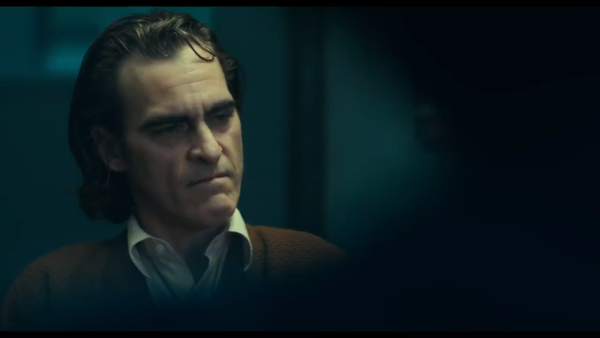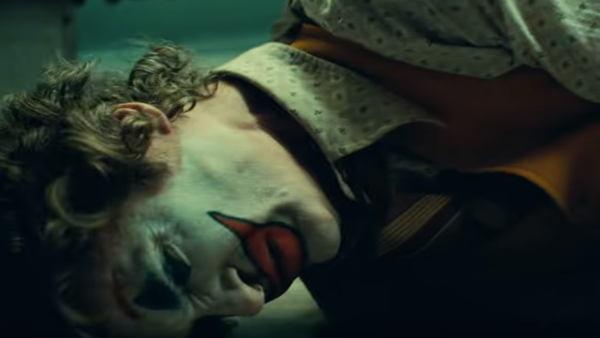The Dark Truth Of The Joker Movie
The Joker And Mental Illness

Fundamentally, it could be considered quite a dangerous message. It's not even entirely clear at the minute what the film's stance on it is: whether he's forgivable because he's mentally ill or whether his "derangement" is one of opportunity. This is a conversation we've heard before. It's one, unfortunately, we hear every time there's a mass shooting or a terrorist event that is quickly assessed to see how much of it can be linked to mental health.
Going back to that opening statement again, this is, fundamentally, the black mirror of cinema showing us what we fear most. Joker is a reflection of not what those terrorists are - or anyone driven to crime by emotion - but what the media conversation around them seeks to make them. He is, to put it rather inelegantly, a terrorist of fear inspired by a very, very real historical moment. Our own.
This wouldn't, of course, be the first time mental health was the driver behind great villains. Norman Bates of Psycho fame is right up there. So too is Jack Torrence of The Shining. James McAvoy in Split. It's an easy go-to because the majority of people do not understand mental illness. They see it, occasionally, through the absolute worst filter possible: through the media. And the only time you hear about mental illness in the press is when it's being blamed for the deaths of lots of people or when some celebrity unravels, acts self-destructively and checks in somewhere expensive to deal with it. Of COURSE that would create stigma.

There is already a concern that Joker's portrait of mental health concerns is dangerous. As Stephen Hinshaw, a professor of psychology at the University of California–Berkeley, told US News & World Report in 2015 (about characters like McAvoy, Torrence and Bates) "The worst stereotypes come out in such depictions: mentally ill individuals as incompetent, dangerous, slovenly, undeserving. The portrayals serve to distance 'them' from the rest of 'us.'" Joker's strange romanticism of Arthur's mental illness as an answer to one of the most compelling questions in modern cultural history is hugely significant. It is as awful as it is deeply compelling. As exciting as it is potentially troubling.
This doesn't come without a hopeful caveat though.
If the film were to be only about how easy it is for a mentally ill person to be weaponised without the fault of anyone else, it would be troubling certainly. But there is an opportunity here too...
Continued on next page...